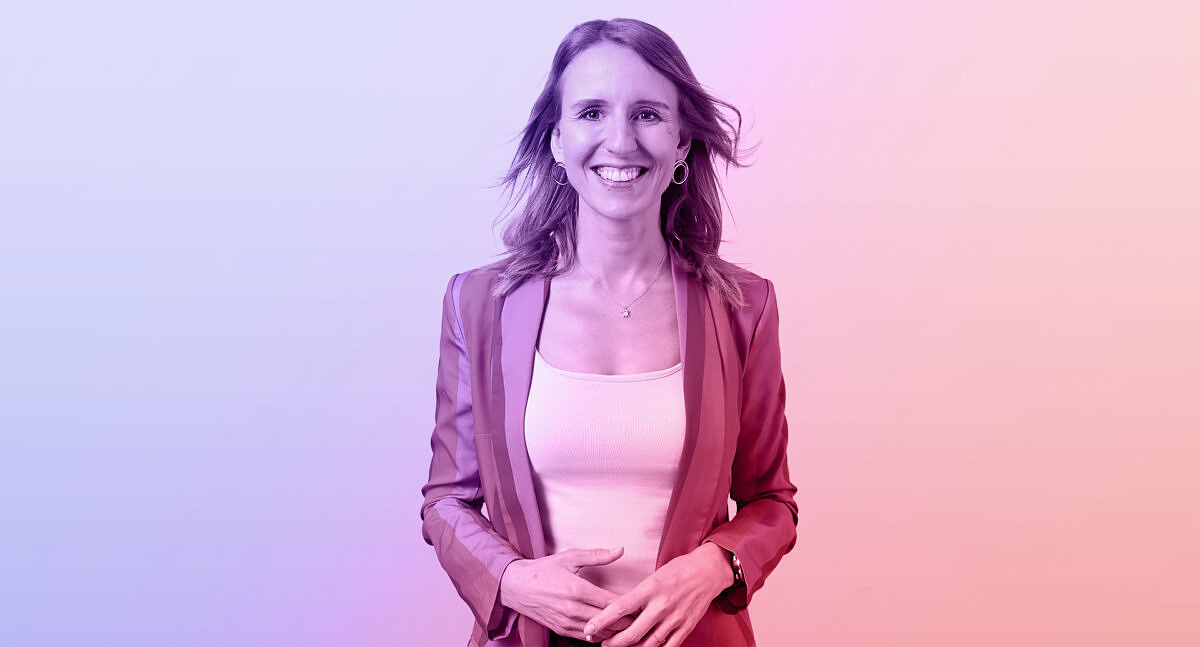AI Agents take over – and the open web may die
AI Agents take action, platforms cash in: Content without value sends the wrong signal, comments Verena Gründel.

Is this the end of an era? The open web – once celebrated as a free space for knowledge, exchange, and creativity – is in danger of disappearing. At least that’s what Tim Berners-Lee, the inventor of the World Wide Web, says in an interview für The Verge, and I think we should listen to him.
What used to be a place for discovery is now being replaced by closed platforms: TikTok, Instagram, YouTube, ChatGPT. Information is created, circulated, and disappears within isolated systems.
And while we are still debating whether this is good or bad, the next wave is already rolling in, threatening to almost completely replace the still free part of the open web: AI agents.
These intelligent assistants no longer surf in the traditional sense – they act. They research, analyze, shop, book appointments, make decisions. And often without us ever seeing a website ourselves.
Berners-Lee explains it like this: “There is a web of data that is generated by AIs and used by AIs and used by people, but also mainly used by AIs.”
The web itself is thus becoming mere infrastructure. A system in which machines write text for machines.
Tim Berners-Lee warns that we are loosing our digital sovereignty. His vision was different: a democratic, open web landscape in which users are actors, not just data suppliers.
Even he doesn’t know what the future holds. And neither do I, of course. But I have thought about three possible scenarios for an agent-driven future of the internet. I’m curious to hear what you think.
Scenario 1: Platform web (centralized)
AI agents run exclusively on big tech platforms. The open web dies quietly. The vast majority of content providers can no longer finance themselves. Only a few publishers sign agreements with platforms and serve as paid data suppliers. Content diversity is history. Advertising is displayed in the agents and on a few left publishers websites.
What this means for brands: visibility only comes at a price – paid visibility replaces organic reach.
Scenario 2: Agent web (decentralized)
Personal AI agents act in the interests of users, drawing their content from publishers on the free web. The model is financed via paywalls, freemium models, or microtransactions between AI agents and publishers or between users and publishers directly. Users can decide which publishers their agent should use. We see a high diversity of agents and publishers – only agents act as advertising platforms.
What this means for brands: Those who communicate in a structured, trustworthy, and machine-readable way will remain relevant.
Scenario 3: Hybrid web
The open web and platform ecosystems coexist. Some agents are open, others proprietary. Some content runs on platform contracts, others on open LLM access with attribution. New technical standards could determine whether and how AI agents are allowed to crawl content – and under what conditions. Publishers themselves define who is allowed to use what and how. All is supported by paid ads.
What this means for brands: A dual visibility strategy is needed, optimized for both the platform and the open web.
The open web as we knew it may be undergoing radical change. But whether it disappears or reinvents itself is also up to us. What is your favorite scenario?
Don’t miss any important news from the world of digital marketing, both nationally and internationally! Subscribe to the new DMEXCO newsletter “Digital Digest” and receive the latest information directly in your mailbox every Monday, Wednesday, and Friday.






